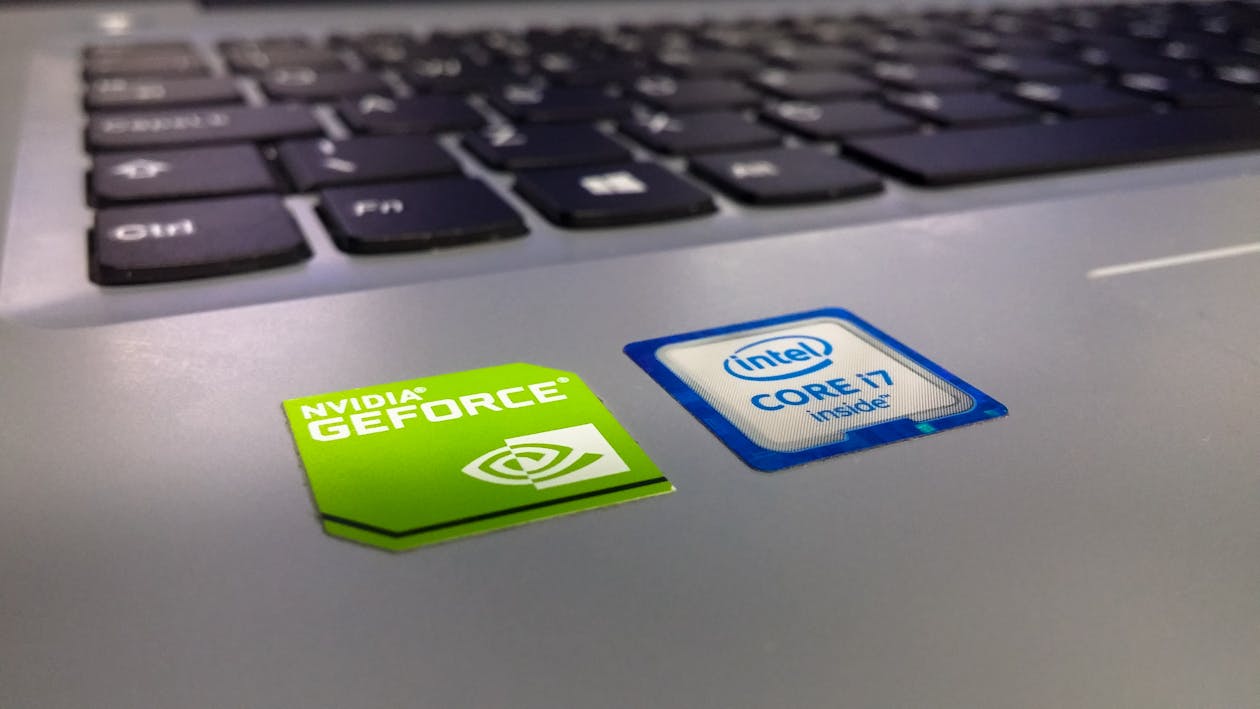Is Intel The Smarter Investment As Nvidia Peaks? Here’s Why

Image Source: Pexels
Nvidia (NVDA) has enjoyed a meteoric rise this year, with its stock surging 141% amid a booming AI sector. Despite a recent 17% dip from its all-time highs, Nvidia remains the standout player in the AI revolution.
However, with Nvidia’s stock possibly having peaked, savvy investors might be contemplating where to channel their capital next.
Intel (INTC) emerges as a compelling alternative that could benefit significantly from Nvidia’s success, even if it doesn’t match Nvidia’s product performance.
Nvidia’s market dominance and potential peak
Nvidia’s recent performance reflects its dominant position in the AI and GPU markets. Its growth has been fueled by the skyrocketing demand for AI technologies, positioning it as the premier choice for investors.
Yet, the question arises: has Nvidia’s stock run its course? With significant gains already realized, some investors are shifting their focus to other opportunities.
As the saying goes, “nobody ever went broke taking a profit,” suggesting that now may be a prudent time to diversify investments.
Intel’s position and potential
In the race for market dominance, Nvidia is currently the leader, leaving Intel and AMD vying for the second spot.
AMD, under CEO Lisa Su, has established a robust market position, surpassing Intel in recent years.
Intel, once a giant in the CPU market, has lost ground due to the pandemic and the global chip shortage of 2022.
Despite these setbacks, Intel is actively working to reclaim its position by advancing its technology and expanding into software and foundry services.
Intel’s recovery and growth may be gradual, but investing in the company now could be strategic, particularly as it undergoes significant transformations.
The company’s foray into new technologies and its current market distress may present a lucrative opportunity for investors willing to take a longer-term view.
While Nvidia continues to lead in GPUs, Intel is carving out a niche for itself with its foundry business.
Currently, Nvidia relies on Taiwan Semiconductor Manufacturing Company (TSMC) for its chip manufacturing needs. TSMC has long dominated the foundry sector with its advanced technology. Intel, however, is challenging this status quo with its own foundry services.
Intel’s strategy involves not only manufacturing its own chips but also offering its facilities to other companies for chip production and packaging.
This diversification could potentially benefit Intel if it succeeds in mastering advanced packaging technologies. Once its foundry segment gains traction, Intel could become a key player in chip manufacturing for companies like Nvidia.
What’s next?
Intel’s potential to capitalize on Nvidia’s success hinges on its ability to enhance its foundry operations and leverage its growing technological capabilities.
While it may not immediately rival Nvidia’s dominance in the GPU market, Intel’s strategic investments and innovations position it well to benefit from the broader success of the tech sector.
For investors looking to diversify beyond Nvidia’s peak, Intel presents a promising opportunity.
Its evolving role in the foundry market and ongoing technological advancements suggest that Intel might be a significant beneficiary of Nvidia’s success, making it a worthwhile consideration for those seeking growth in the tech industry.
This strategic shift not only offers a potential upside but also reflects a broader trend of investing in companies that can leverage the successes of industry leaders.
More By This Author:
Microsoft Q4 Earnings Preview: Revenue Poised For 14% Growth, Driven By Azure And Office StrengthCopper Prices Hit 3-Month Low Amid China’s Industrial Concerns
Is It The Right Time To Invest In SolarEdge Stock?
Disclosure: Invezz is a place where people can find reliable, unbiased information about finance, trading, and investing – but we do not offer financial advice and users should always ...
more



Intel 13th and 14th gen cpu's are failing at unprecedented rates.. im kinda shocked no one on stocktwits is talking about it.